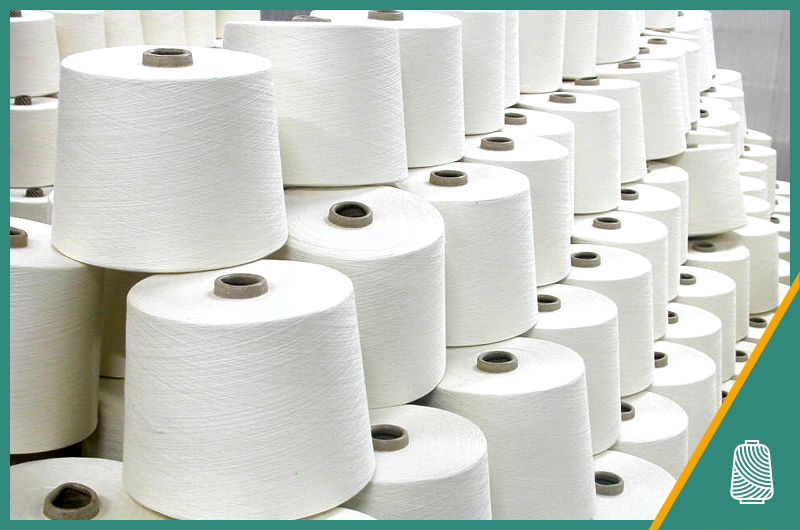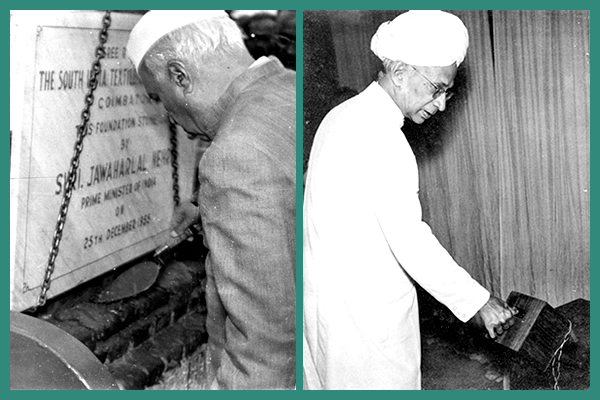About SITRA
SITRA, an acronym for The South India Textile Research Association, and established in the year 1956, is governed by a Council of Administration consisting of member representatives from the Industry, Government and Scientists. SITRA is sponsored by the Industry and is supported by the Ministry of Textiles, Government of India.
Sprawling in a campus of about 13.14 hectares, SITRA is within easy access of a large number of textile mills. With a floor space of about 15,000 sq. m., SITRA houses its well equipped testing, electronics and calibration laboratories, pilot mills, library, etc. SITRA has a full range of sophisticated textile testing instruments and modern machines and is one of the best equipped textile research organizations in the World.


Beginning of SITRA
SITRA is one amongst the chain of laboratories in the country. It is an autonomous scientific research organization registered in May 1951 under the Societies Registration Act (XXI) of 1860. It is governed by a Council of Administration consisting of twenty-five members who include representatives from the Industry, the Central and State Governments and the scientists from reputed Institutions.
SITRA commenced functioning in 1956 in the premises of the Southern India Mills’ Association (SIMA), Coimbatore, with 44 member mills and two Divisions.
The foundation stone of SITRA was laid by the then Prime Minister Pandit Jawaharlal Nehru on 25th December 1955. SITRA’s own building was declared open on 13th October 1958 by Dr. S.Radhakrishnan, the then Vice-President of India.
To begin with SITRA had only two Divisions, viz. i) Liaison and Statistics and ii) Industrial Psychology. The productivity survey in spinning mills was initiated by SITRA in 1956 before the formation of National Productivity Council by the Government of India.
Growth of SITRA
Work on the technological aspects was started on 13th October 1958 by Dr. Sarvapalli Radhakrishnan, the then Vice-President of India. SITRA set up simultaneously two more Divisions namely, Mechanical Processing and Textile Physics (1957). Since then SITRA had added five more Divisions; Textile Engineering (1966), Instrumentation (1975), Knitting (1976), Textile Chemistry (1981), and Labour Research and Training (1982).The other landmarks are the formation of Powerloom Service Centre (1974) under a grant provided by SIMA, Jute- blended yarn spinning mill to produce fine counts and a small-scale unit to produce yarn from pine apple leaf (1994) under the aid from United Nations Development Programme (UNDP) and Government grants and an ECO testing laboratory (1996) on a special grant from the Ministry of Textiles. SITRA’s physical and chemical laboratories are accredited by NABL in accordance with the standard ISO/IEC 17025: 2017 General Requirements for the competence of Testing and Calibration laboratories.

SITRA has a full range of sophisticated textile testing instruments and modern machines and has been acknowledged as one of the best-equipped textile research organizations in the country. The member mills are spread over all the corners of the country as well as to seven foreign nations; Bangladesh, Indonesia, Iran, Nigeria, Sri Lanka, Nepal and Thailand.


